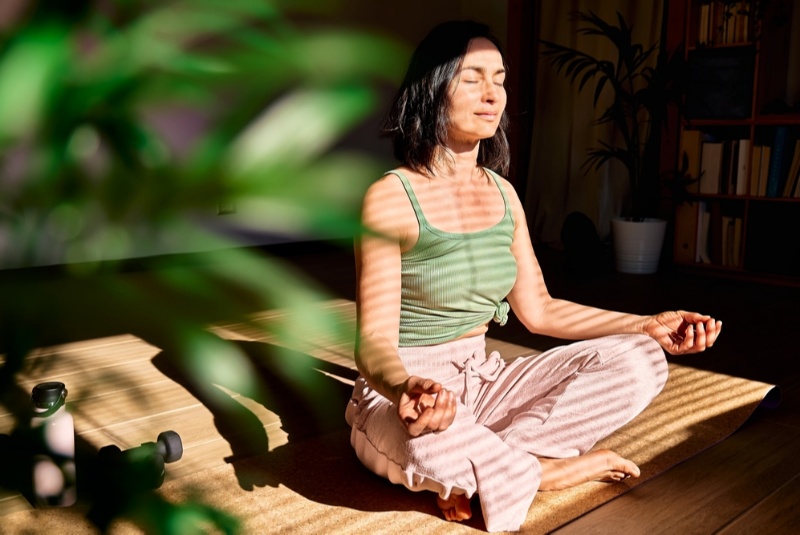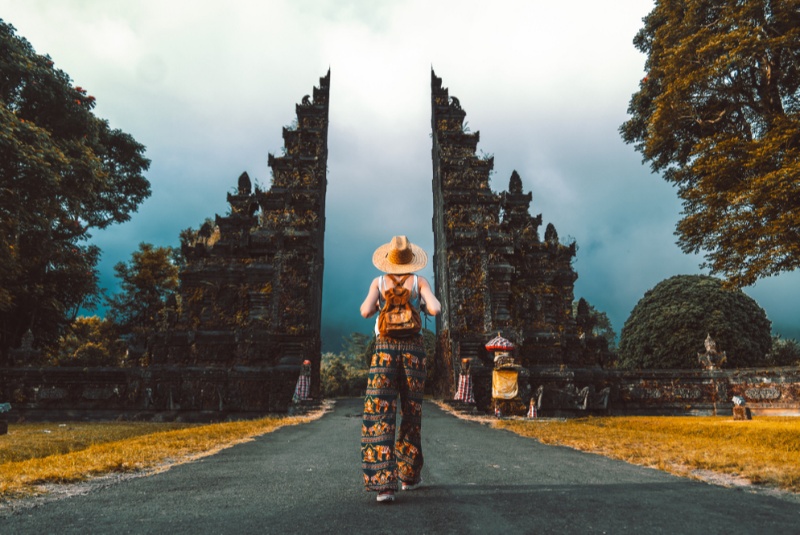The hustle and bustle of today's digital age often leave us overwhelmed, mentally fatigued, and emotionally drained. Amidst this maelstrom, the ancient practices of mindfulness and meditation serve as tranquil islands, offering a sanctuary where one can cultivate inner peace, heightened awareness, and holistic well-being.
Mindfulness, derived from Buddhist traditions, is the practice of intentional, non-judgmental focus on the present moment. It encourages us to step back from the whirlwind of thoughts and instead, embrace each moment as it unfurls. Meditation, on the other hand, is a broader practice that involves techniques to promote relaxation, build internal energy, and develop love, patience, empathy, and forgiveness.
Both mindfulness and meditation provide a wealth of mental and physical benefits, from reducing stress and anxiety to enhancing cognitive function and improving overall health. But how can we incorporate these practices into our daily lives?
Practicing Mindfulness
Mindfulness is not just a practice, but a way of life. It involves maintaining a moment-by-moment awareness of our thoughts, feelings, bodily sensations, and the surrounding environment.
Start by focusing on your breath - its rhythm, how it feels entering and exiting your body. This simple act can anchor you in the present moment, making you more cognizant of your existence and immediate environment.
Next, practice mindful eating. Instead of rushing through your meals, savor every bite, appreciating the taste, texture, and aroma of the food. This not only enhances your eating experience but also fosters a healthier relationship with food.
You can also practice mindfulness during routine activities such as walking, washing dishes, or brushing your teeth. The key is to stay present, noticing every detail of the activity rather than letting your mind wander.
Embracing Meditation
Meditation, while it can include mindfulness, usually involves more explicit concentration. It is about training your mind to focus and redirect thoughts, which can increase awareness of yourself and your surroundings.
To begin with, find a quiet, comfortable place where you won't be disturbed. Sit in a comfortable posture, close your eyes, and start focusing on your breath. When your mind begins to wander, gently bring it back to your breath.
You can also use a mantra, a sound, word, or phrase repeated to aid concentration. Mantras can be anything that resonates with you, from traditional ones like 'Om' to simple affirmations like 'I am at peace'.
Guided meditation apps can be a great starting point for beginners. These apps provide step-by-step instructions and a wide array of meditation practices tailored to various needs - from stress reduction to promoting sleep.

The Benefits of Mindfulness and Meditation
Both mindfulness and meditation have been linked to a host of benefits. They can reduce stress and anxiety, improve attention span, enhance self-awareness, and promote emotional health.
Several studies have shown that these practices can also lead to structural changes in the brain, enhancing areas associated with positive emotional experiences and emotional regulation.
On a physical level, regular practice can help lower blood pressure, reduce chronic pain, improve sleep, and even alleviate gastrointestinal difficulties.
In conclusion, mindfulness and meditation are powerful tools that can transform our lives, bringing a sense of peace and tranquility in the midst of chaos. They help us to live in the present, appreciate the simple joys of life, and cultivate a deep sense of connection with ourselves and the world around us.
Incorporating these practices into your daily routine may seem challenging at first, but with patience and consistency, they can become as natural as breathing. The journey towards mindfulness and meditation is one of self-discovery and personal growth, opening doors to an enhanced understanding of oneself and the universe.
Remember, the journey of mindfulness and meditation is highly personal, and there's no 'right' way to practice. It's about finding what works for you, and that might mean exploring different techniques and approaches until you find your fit.




